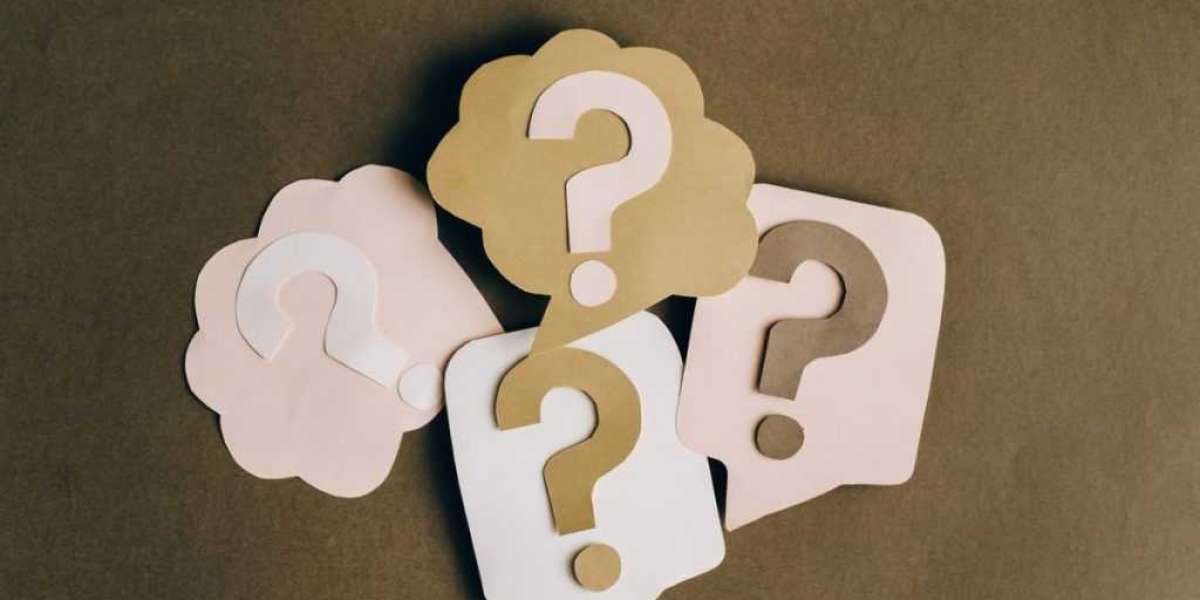What does an editor do? Is it just run spellcheck and hit send?
If only it were that simple…
One of the things editors do is try to make sense of complex sentences. Often authors will come up with a sentence that makes perfect sense in their mind, but when the words hit the page the meaning is obscure to the reader.
The editor’s job is to make that sentence comprehensible. The editor must therefore spend time and effort trying to parse the meaning.
For example: “You don’t know what you don’t know you don’t know.”
This sentence features at the end of the book The Hidden Half by Michael Blastland.
Is it gobbledygook or is there some meaning in there?
Let’s analyse what it means.
There are three “you don’t know”s and a crucial “what” on which the whole sentence hangs. Let’s start with “You don’t know”.
Will the FTSE100 go up or down tomorrow?
You don’t know.
There is no uncertainty in this. Hundreds of years of stockmarket movements tell us with certainty that predicting the movement of shares from one day to the next is a mug’s game.
Therefore, not only do you not know, you are certain of your ignorance. You don’t know. And, you know you don’t know.
Imagine instead the stockmarket were to go up every day for 50 years.
At that point, people would be certain it would go up the next day. And they would be astonished if it didn’t. (This is what happens in a bubble.)
After the fact people would say “I didn’t know it wouldn’t go up” and “I didn’t know I didn’t know”.
The stockmarket is just one category of things about which this can be true.
In the 1400s in Western Europe, people were certain. They knew the bible contained all the knowledge in the world, that god had created humans and the map of the world was fixed. But then someone discovered a new continent. And dinosaurs. And evolution, and people’s certainty in their knowledge was shaken.
The lesson is that any of our pillars of belief could come crashing down at any moment. Our existence is full of uncertainty when what we crave and tell ourselves is that it is full of certainty. The problem is: we only know what these things are that we are wrong about, after we find out.
In other words:
We don’t know what the things are that we are certain about but actually we are wrong about.
That is the meaning of the sentence “you don’t know what you don’t know you don’t know”.
(At least I think it is.)
What an editor really does
The above should illustrate just how much work editors have to put in to try to understand an author’s intention. All that thought was required for just one sentence.
The editor then has to assess whether the phrasing needs to be improved, and if so, come up with improvements that conserve the style of the author – a lot more than spellcheck and send.
Get in touch with Research Editors today to discuss editing and supervisory analyst services.
For more information visit: https://researcheditors.co.uk/
Original Source: https://bityl.co/LDt9
Search
Popular Posts








